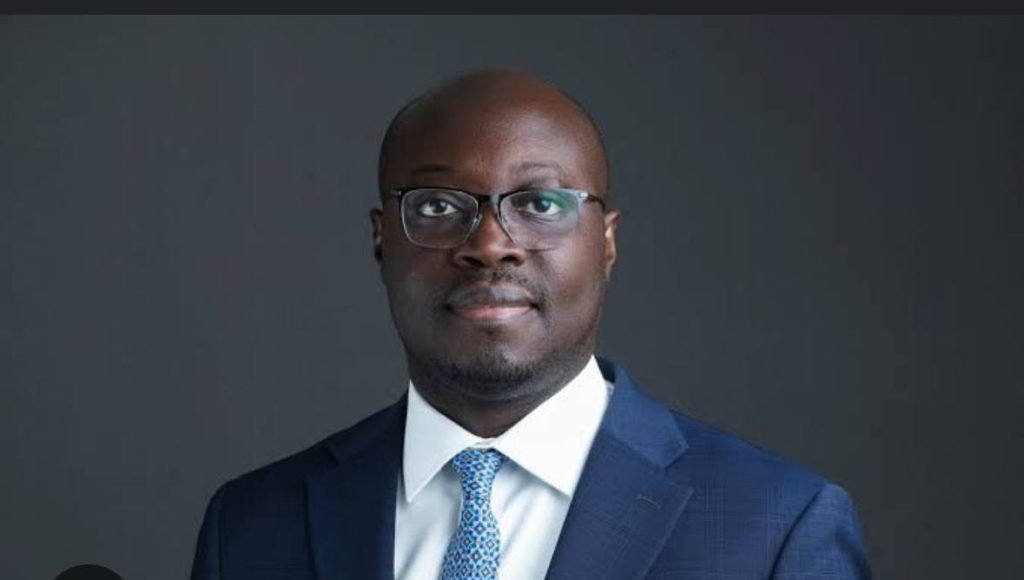After years of economic turbulence, Ghana’s financial narrative is taking a decisive turn for the better. In a bold vote of confidence, international credit ratings agency Fitch Ratings has upgraded Ghana’s credit status from “Restricted Default” to “B-” with a stable outlook a move that signals cautious optimism about the country’s path to recovery.
This long-awaited upgrade is more than just a technical adjustment. It marks a significant milestone in Ghana’s quest to rebuild its economic credibility following a historic debt crisis that rocked investor confidence and strained public finances.
Fitch’s decision to restore Ghana’s credit standing follows months of intensive debt restructuring talks with external creditors and key fiscal reforms at home. According to the agency, the upgrade reflects Ghana’s success in renegotiating the bulk of its Eurobond and bilateral debt, alongside a clear demonstration of economic policy discipline.
In practical terms, this means Ghana is once again being seen as a country that can meet its financial obligations an essential signal to global investors and development partners alike.
Just two years ago, Ghana was navigating one of the most severe debt crises in its history. Mounting inflation, a depreciating cedi, and spiraling interest payments pushed the government into default on parts of its foreign debt a move that led to multiple credit downgrades and restricted access to global financial markets.
Fast forward to mid-2025, and the story is markedly different.
• Inflation has dropped to under 19% the lowest level in over three years.
• The Ghanaian cedi has stabilized, regaining lost ground and calming import-driven price hikes.
• The government’s debt-to-GDP ratio is expected to decline significantly by 2025, thanks to ongoing reforms and debt restructuring agreements.
For the average Ghanaian, the immediate benefits may not be obvious but they are real and increasingly within reach.
• Lower borrowing costs: With improved creditworthiness, the government can now borrow at better rates, freeing up more funds for health, education, and infrastructure.
• Increased investor confidence: Ghana’s re-entry into the good books of rating agencies could attract more foreign direct investment, particularly in key sectors like energy, agriculture, and manufacturing.
• Stability in prices and the cedi: As confidence in the economy grows, so too does the likelihood of more stable prices at the market and fewer fluctuations in the cost of living.
Behind the scenes, this turnaround hasn’t come easily. The Finance Ministry, led by Dr. Cassiel Ato Forson, has had to make tough fiscal decisions cutting non-essential spending, improving domestic revenue mobilization, and ensuring transparency in public finance.
Meanwhile, the Bank of Ghana has maintained a steady course on monetary policy, using high interest rates to tame inflation and stabilize the currency even when the measures drew criticism for their short-term pain.
As Fitch’s statement suggests, it is this combination of discipline, strategy, and external cooperation that has begun to change the narrative.
While the “B-” rating is an upgrade, it is still several notches below investment grade. Ghana remains in speculative territory, and the path ahead is fragile. Any signs of political instability, fiscal backsliding, or stalled debt talks could undo the gains made.
Moreover, elections are on the horizon in 2028, and history shows that election seasons can test fiscal discipline. The government will need to resist populist spending pressures if it hopes to maintain momentum and climb further up the credit ratings ladder.
Fitch’s upgrade of Ghana’s credit rating is a timely reminder that recovery is possible even after economic crisis. It validates the sacrifices made by policymakers and citizens alike and lays the groundwork for renewed growth.
But Ghana cannot afford to be complacent. The coming months will require continued reforms, transparency, and bold leadership to ensure that this upgrade becomes more than a headline and instead becomes the first chapter of a new, resilient economy.
In a global economy where trust is currency, Ghana has just taken a critical step toward regaining it.

